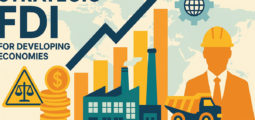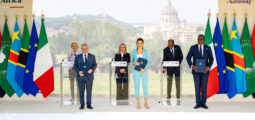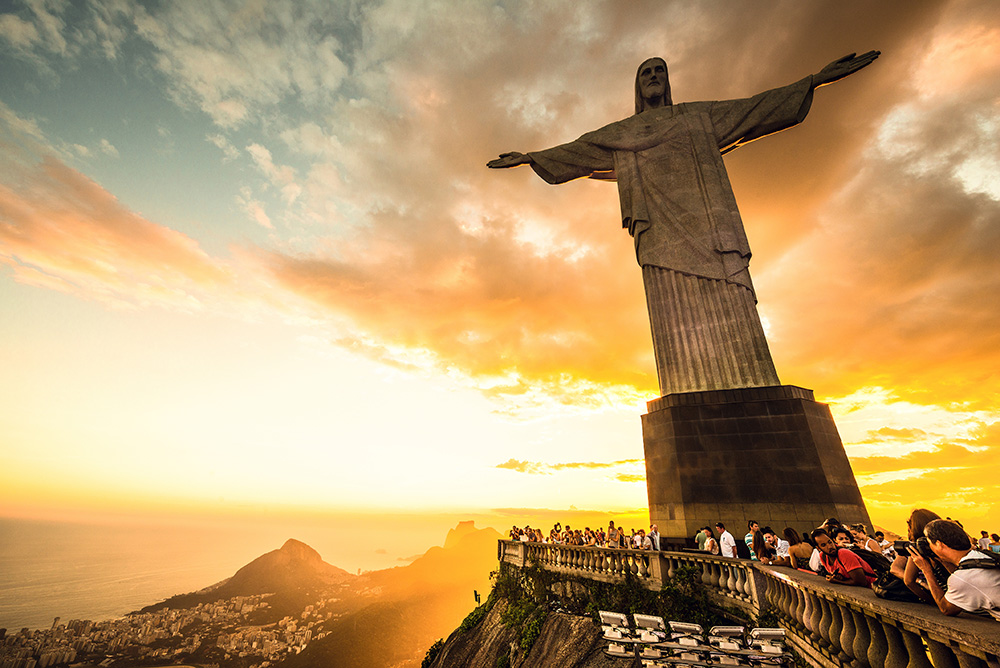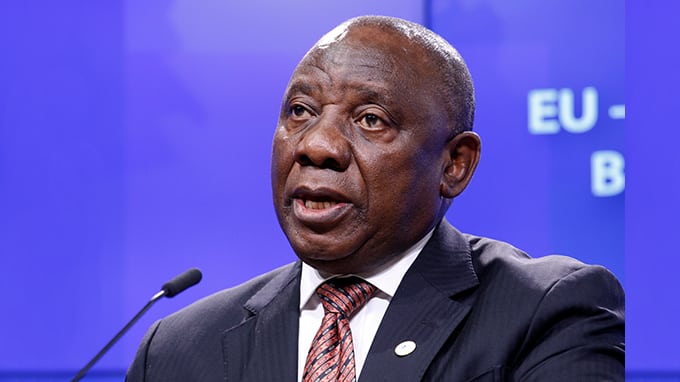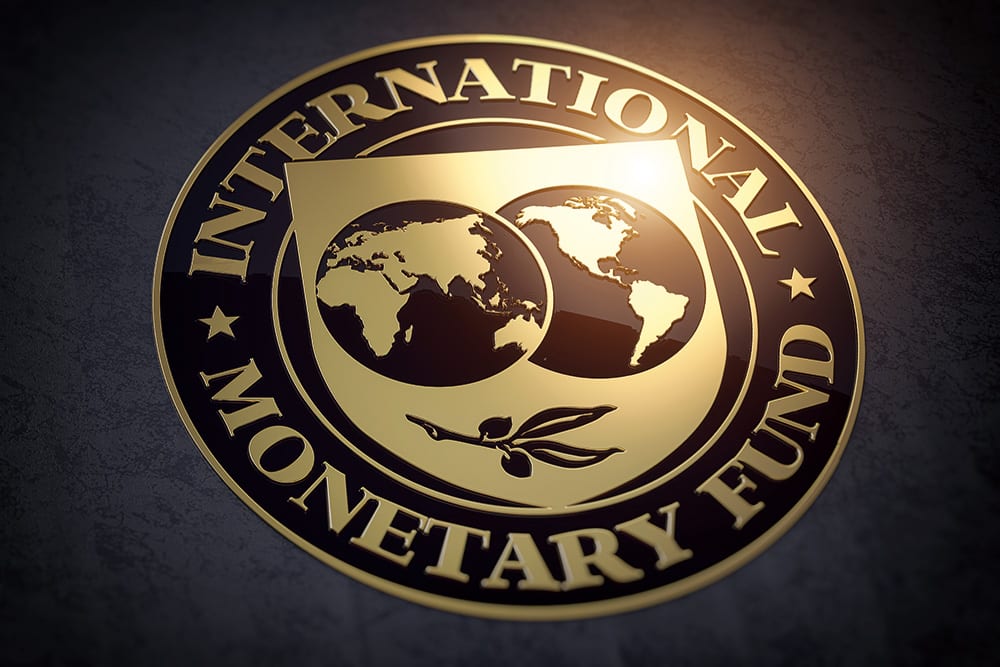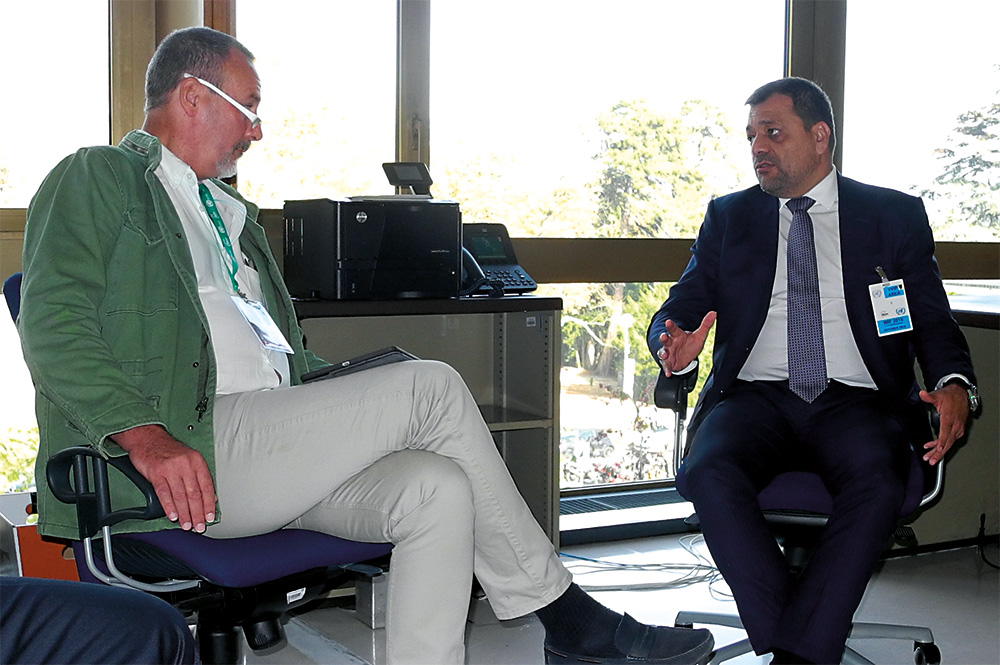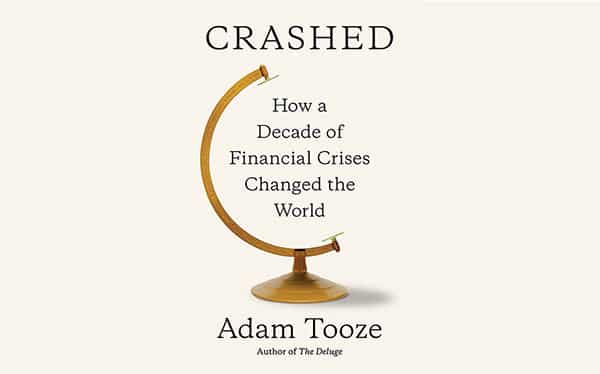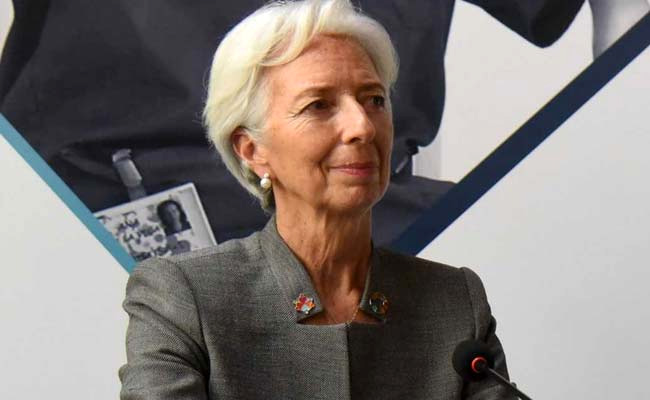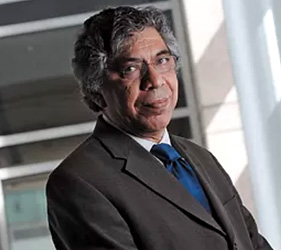[vc_row][vc_column][vc_column_text]
International Monetary Fund
In common with many of the multilaterals, plans were laid for the International Monetary Fund (IMF) in the closing days of World War II. In 1944, a meeting of individuals representing 44 countries was convened in Bretton Woods, New Hampshire, USA to draw up plans to bring order to the economies of the world. The participants were mindful that actions taken at the close of the first world war were largely unhelpful and at least partially responsible for the circumstances that led to the second. The objective in 1944 was to create an organisation to encourage international monetary cooperation. The IMF's role – now as well as then – is to help maintain economic stability and shared prosperity in the world. There are currently 189 IMF member countries and the organisation has lending resources of one trillion dollars – with zero interest rates applying to low-income countries. Additionally, funds are available for technical advice and training. The member countries are represented by 24 IMF executive directors and a staff of 150 nationalities. Significantly, in 2012, the IMF mandate was extended to include all macroeconomic and financial sector issues that affect global economic stability. The top post at the IMF is managing director and chairperson and the present (2020) incumbent is Kristalina Georgieva who replaced Christine Lagarde in this role in late 2019. Georgieva was the first representative from an emerging market economy (Bulgaria) to be appointed as head of the IMF. Working for the World Bank since 1993, she eventually became chairperson and later acting president before moving to the IMF. The financial resources of the IMF are, in the main, provided by member countries by way of quotas (which are broadly based on each country’s relative economic strengths). In 1969, the IMF created the Special Drawing Right (SDR) which is an international reserve asset and may be used to bolster member countries' official reserves.
[/vc_column_text][/vc_column][/vc_row][vc_row][vc_column][vc_column_text]











